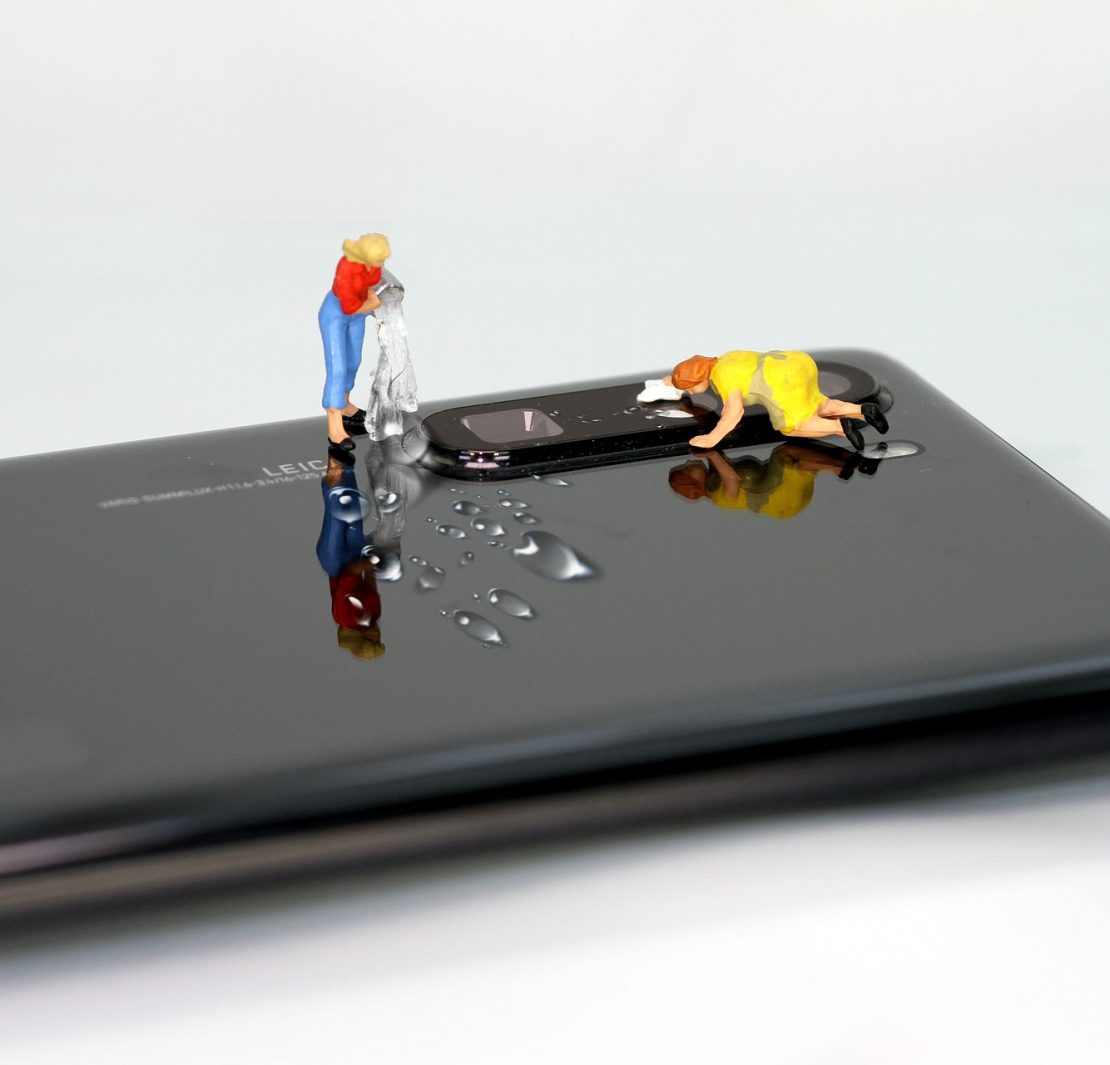Here’s something you may have not heard reported about the coronavirus: it can live on inanimate surfaces like metal, glass or plastic up to nine days; meaning it can, in fact, be living on your phone right now.
This is according to a German review of a study published in the Journal of Hospital Infection that concluded after reviewing literature about human coronaviruses such as Severe Acute Respiratory Syndrome (SARS) coronavirus, Middle East Respiratory Syndrome (MERS) coronavirus, and endemic human coronaviruses (HCoV) that such viruses can persist on inanimate surfaces like metal, glass or plastic for up to nine days.
Imagine all the times you come in contact with your phone, from taking a call and directing it to your face to just browsing. There’s also the risk that if you don’t wash your hands after using an unsanitized phone or touching possibly dirty surfaces, that you can transfer it through touching communal objects like switches, doorknobs, and whatnot.
What should you do?
So, apart from washing your hands frequently—since you can’t technically “wash” your phones—your best defense against surface viruses is through disinfection. The researchers suggest using 62-71 percent ethanol, 0.5 percent hydrogen peroxide or 0.1 percent sodium hypochlorite when disinfecting your phones and other surfaces. You can also use an alcohol wipe or just alcohol followed by a microfiber cloth—yes, your iPhone can endure that. Just ask Apple.
How often should you disinfect your phone?
Günter Kampf, M.D., an associate professor of hygiene and environmental medicine at the University of Greifswald, the lead researcher of the German paper said you can disinfect your phone as frequently as every time you go out in public.
Emma Hayhurst, a microbiologist at the University of South Wales, however, suggests to the opposite. “We don’t need to be obsessively washing our phones right now. If people are coming into contact with coronavirus patients, then, yes. Wash your phone all the time. Not because there is evidence that it will transmit via a phone but because there is no evidence that it won’t,” Dr. Hayhurst said.
“Won’t cleaning with chemicals damage my phone?”
Remember, though, to have your devices unplugged and don’t spray or douse its surface directly with your cleaner of choice. Use a cloth or cotton pad and not paper tissues as they are abrasive.
To clean hard-to-reach parts like the speaker and buttons, you may need a toothpick to bolster the cotton or cloth in.
For Apple users, the tech company has announced that it is alright to use 70 percent isopropyl alcohol wipes on your devices. Likewise, Android devices by Samsung and Google can be cleaned with the same isopropyl alcohol wipe. Just don’t apply the solution directly to your screens or use rough paper towels to wipe it off.
Header image by Wilfried Pohnke from Pixabay
Get more stories like this by subscribing to our weekly newsletter here.
Read more:
How to virus-proof every room in your house
Fact or fiction: Debunking misconceptions amid the coronavirus outbreak
Coronavirus confirmed in PH, here’s what to do next
Writer: CHRISTIAN SAN JOSE




